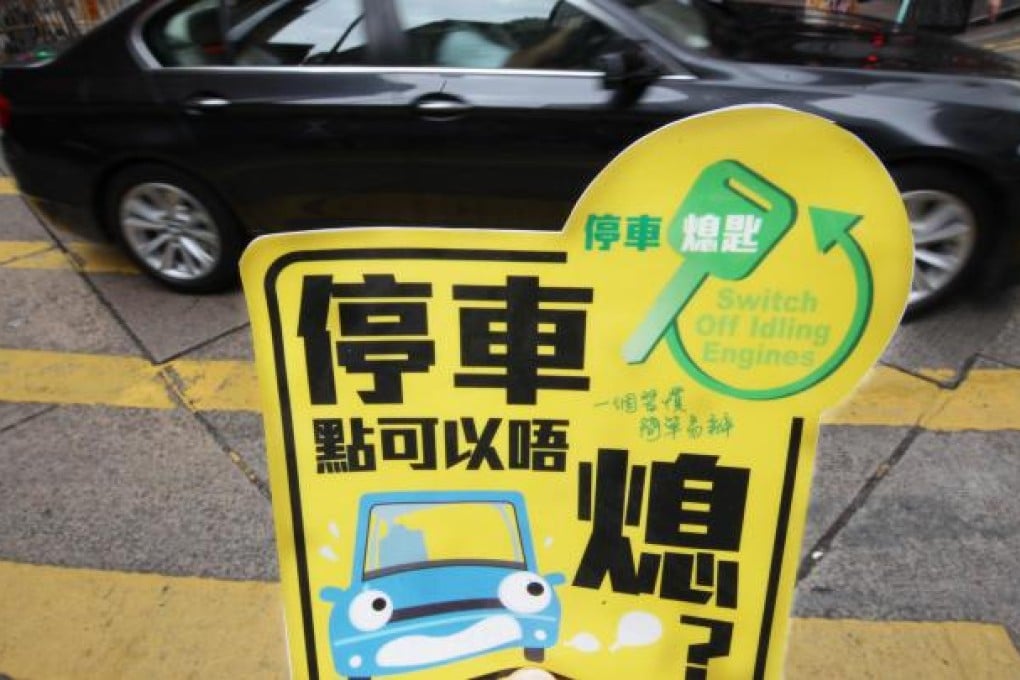Letters to the Editor, March 28, 2013
The Hong Kong Motor Vehicle Idling (Fixed Penalty) Ordinance was implemented on December 15, 2011. It makes it illegal to idle your engine for more than three minutes from that date, subject to a fixed fine of HK$320.

The Hong Kong Motor Vehicle Idling (Fixed Penalty) Ordinance was implemented on December 15, 2011.
It makes it illegal to idle your engine for more than three minutes from that date, subject to a fixed fine of HK$320.
The idling engine ban is overseen by the Environmental Protection Department and mainly enforced by traffic wardens under the control of the Hong Kong police.
Environmental protection inspectors are also empowered to enforce the ban.
Sad to say, this idling engine ban and its enforcement can only be described as an utter and complete failure.
In my contacts with the department, a staggering fact was revealed.